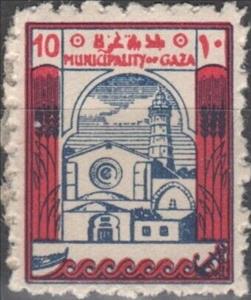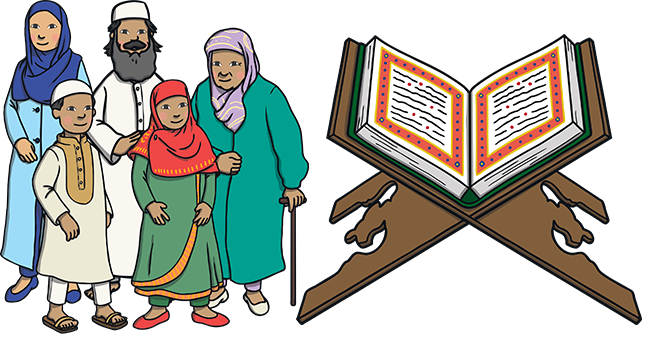Stamp: Great Mosque of Gaza (Palestine, British Mandate 1920)
Great Mosque of Gaza (Palestine, British Mandate 1920)
01 January (Palestine, British Mandate ) within release Gaza municipal revenue goes into circulation Stamp Great Mosque of Gaza face value 10 Egyptian piastre
| Stamp Great Mosque of Gaza in catalogues | |
|---|---|
| Colnect codes: | Col: GB-PS-GA R1920-04 |
Stamp is square format.
Year of issue is approximateAlso in the issue Gaza municipal revenue:
- Stamp - Great Mosque of Gaza face value 1;
- Stamp - Great Mosque of Gaza face value 2;
- Stamp - Great Mosque of Gaza face value 3;
- Stamp - Great Mosque of Gaza face value 10;
|
Data entry completed
50%
|
|
|---|---|
| Stamp Great Mosque of Gaza in digits | |
| Country: | Palestine, British Mandate |
| Date: | 1920-01-01 |
| Emission: | Revenue |
| Format: | Stamp |
| Face Value: | 10 Egyptian piastre |
Stamp Great Mosque of Gaza it reflects the thematic directions:
Architecture (Latin architectura, from the Greek ἀρχιτέκτων arkhitekton "architect", from ἀρχι- "chief" and τέκτων "builder") is both the process and the product of planning, designing, and constructing buildings and other physical structures. Architectural works, in the material form of buildings, are often perceived as cultural symbols and as works of art. Historical civilizations are often identified with their surviving architectural achievements.
A cereal is a grass cultivated for its edible grain. Cereals are the world's largest crops, and are therefore staple foods. They include rice, wheat, rye, oats, barley, millet, and maize. Edible grains from other plant families, such as buckwheat and quinoa are pseudocereals. Most cereals are annuals, producing one crop from each planting, though rice is sometimes grown as a perennial. Winter varieties are hardy enough to be planted in the autumn, becoming dormant in the winter, and harvested in spring or early summer; spring varieties are planted in spring and harvested in late summer. The term cereal is derived from the name of the Roman goddess of grain crops and fertility of grain crops and fertility
Mosquitoes, the Culicidae, are a family of small flies consisting of 3,600 species. The word mosquito (formed by mosca and diminutive -ito) is Spanish and Portuguese for little fly. Mosquitoes have a slender segmented body, one pair of wings, three pairs of long hair-like legs, and specialized, highly elongated, piercing-sucking mouthparts. All mosquitoes drink nectar from flowers; females of some species have in addition adapted to drink blood. The group diversified during the Cretaceous period. Evolutionary biologists view mosquitoes as micropredators, small animals that parasitise larger ones by drinking their blood without immediately killing them. Medical parasitologists view mosquitoes instead as vectors of disease, carrying protozoan parasites or bacterial or viral pathogens from one host to another.
Muslims (Arabic: المسلمون, romanized: al-Muslimūn, lit. 'submitters [to God]') are people who adhere to Islam, a monotheistic religion belonging to the Abrahamic tradition. They consider the Quran, the foundational religious text of Islam, to be the verbatim word of the God of Abraham (or Allah) as it was revealed to Muhammad, the main Islamic prophet. Alongside the Quran, Muslims also believe in previous revelations, such as the Tawrat (Torah), the Zabur (Psalms), and the Injeel (Gospel). These earlier revelations are associated with Judaism and Christianity, which are regarded by Muslims as earlier versions of Islam. The majority of Muslims also follow the teachings and practices attributed to Muhammad (sunnah) as recorded in traditional accounts (hadith).




